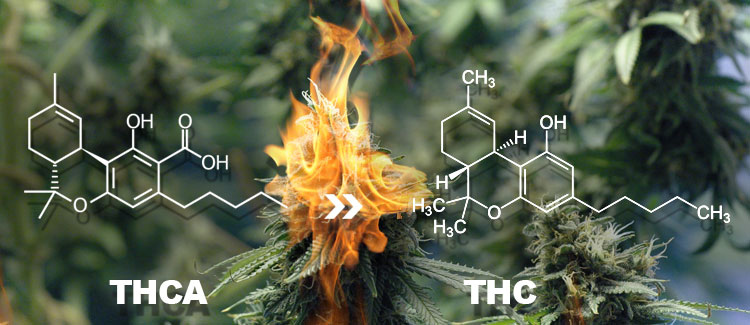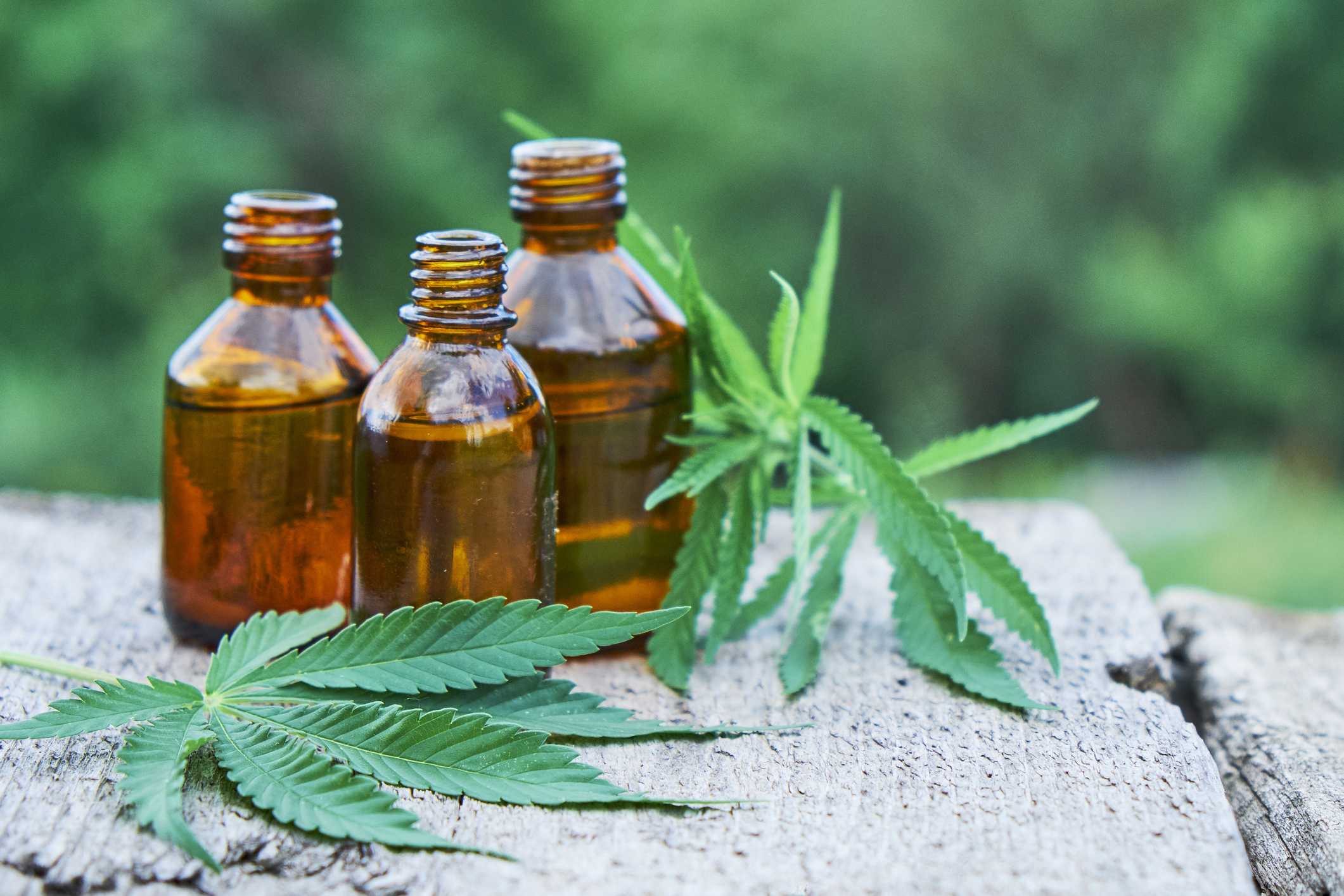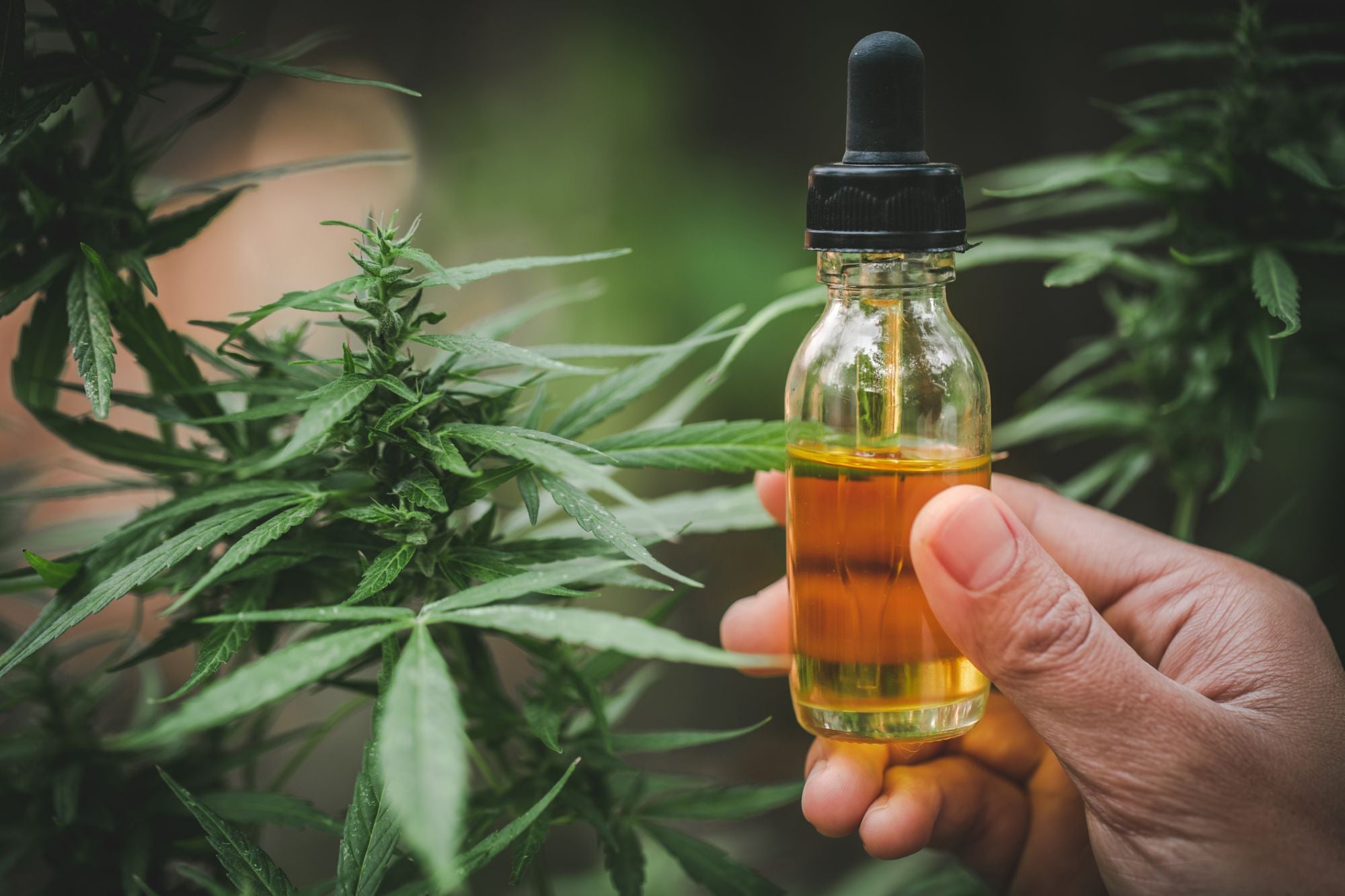
How Is THCA Different from THC and What Does It Mean?
In the intricate world of cannabinoids, the acronyms can sometimes be confusing. Two such terms are THCA and THC, often used interchangeably but representing distinct compounds with unique properties. In this blog post, we're delving into the differences between THCA and THC, unraveling their significance, effects, and the implications they hold for both cannabis enthusiasts and the medical field.
Understanding the Basics
THCA and THC both belong to the family of cannabinoids found in cannabis plants. They differ in their chemical makeup and outcomes, though. Let's start by breaking down their fundamental characteristics.
THCA - The Raw Form
THCA stands for tetrahydrocannabinolic acid. It is the raw, non-psychoactive form of THC found in live cannabis plants. When cannabis is harvested and undergoes processes like drying and heating, THCA converts into THC through a process called decarboxylation.
THC - The Active Compound
THC, or delta-9-tetrahydrocannabinol, is the well-known psychoactive compound responsible for the "high" associated with cannabis use. It's the result of the decarboxylation of THCA, typically through methods like smoking, vaporizing, or cooking.
Psychoactivity and Effects
One of the primary differences between THCA and THC is their psychoactivity. THCA itself does not produce the intoxicating effects associated with THC consumption. Instead, it's considered a precursor to THC, waiting to be activated through decarboxylation.
Medical Implications
The distinction between THCA and THC has significant implications for medical cannabis users. Some individuals seek the potential therapeutic benefits of cannabis without the euphoric high. THCA-rich strains or products are being explored for their potential health benefits, all while avoiding the intense psychotropic effects of THC.
The Importance of Decarboxylation
Decarboxylation is the process that transforms THCA into THC. This chemical conversion occurs when heat is applied, as in smoking or cooking. Understanding this process is essential for both recreational users seeking a high and medical users looking to harness the potential benefits of THCA.
Consumption Methods Matter
The consumption method plays a pivotal role in whether you're experiencing the effects of THCA or THC. Smoking, vaporizing, or decarboxylating cannabis through heat activates the THCA to become THC, resulting in the characteristic psychoactive effects.
The Entourage Effect
The interaction of various cannabinoids and compounds in the cannabis plant contributes to what's known as the entourage effect. Some users believe that consuming the whole cannabis plant, including THCA, CBD, and other cannabinoids, offers a more holistic and potentially beneficial experience compared to isolated compounds.
Legality and Regulation
The distinction between THCA and THC also has implications in terms of legality. Some regions have different regulations for THCA-rich products compared to THC-rich products. Understanding the legal landscape is essential for both consumers and producers.
Exploring THCA's Potential
Research into the potential benefits of THCA is ongoing. Scientific studies are exploring its antiemetic, and potential antiproliferative properties. While much is still to be understood, the potential of THCA is encouraging and opens doors to diverse cannabis experiences.
The Balanced Approach
For those seeking a balanced cannabis experience that harnesses the potential of both THCA and THC, a thoughtful approach to consumption is key. Some individuals opt for products or strains that offer a ratio of both compounds, allowing them to explore the entourage effect while managing the level of psychoactivity.
Final Thoughts:
THCA and THC, while closely related, represent distinct stages in the life cycle of cannabinoids. Understanding their differences is crucial for navigating the diverse world of cannabis consumption, whether you're seeking relief from specific ailments or looking to experience the traditional euphoria associated with cannabis use. So, as you explore the cannabis realm, remember that THCA and THC hold different keys to unlocking the potential of this extraordinary plant.


